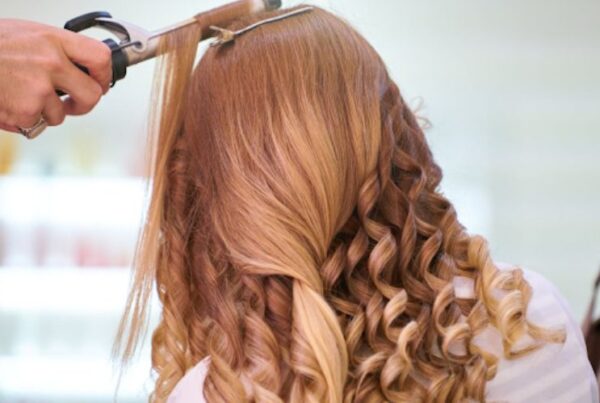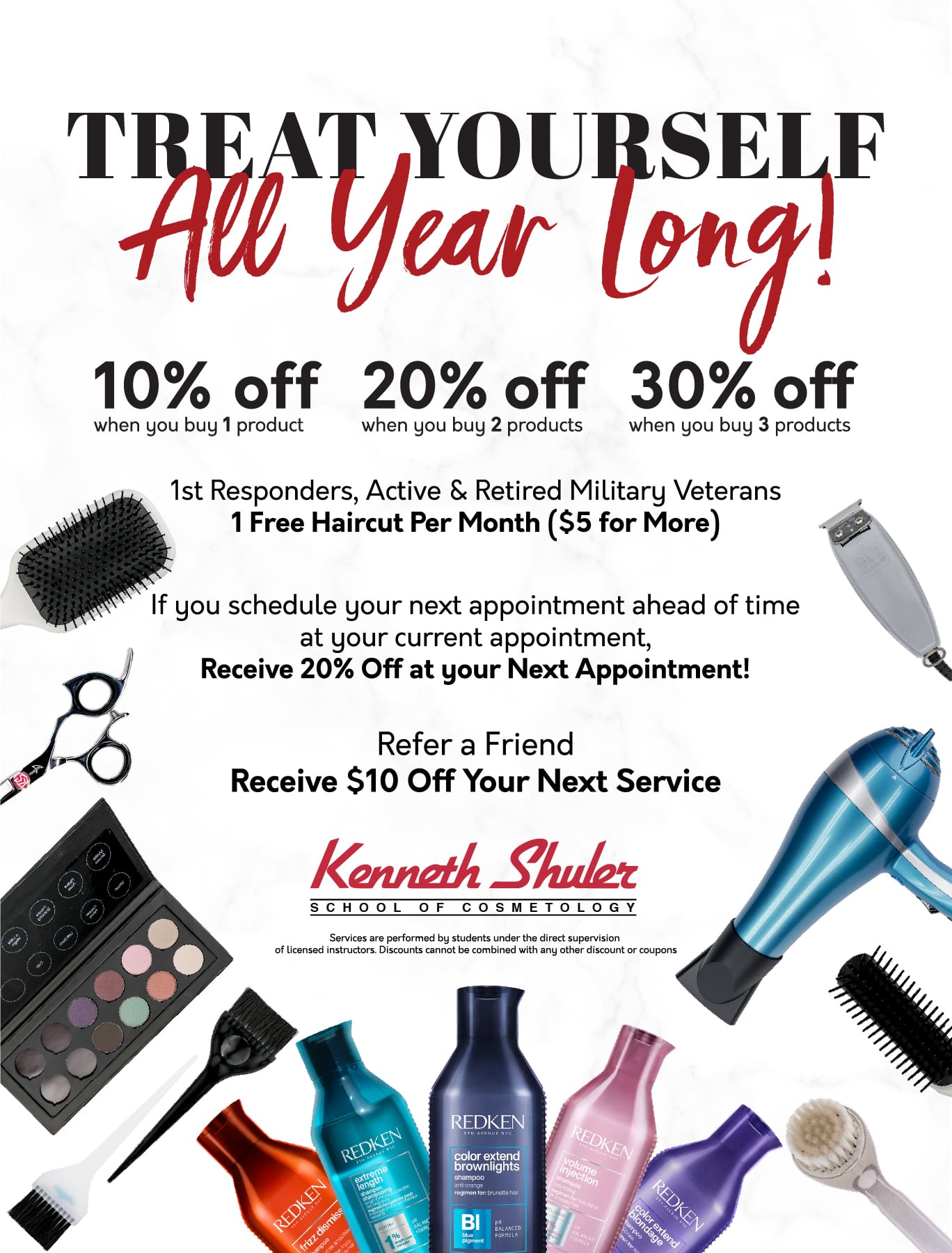
Ever stared at a shelf full of hair masks, each one promising to rescue your locks from disaster?
You’re not alone.
We’ve all wondered if those silky, shiny results on the box are actually achievable. If you’re like most of us, you’ve probably tried a few masks with varying degrees of success. Maybe some left your hair feeling a little softer, but others just weighed it down. What’s the deal?
Let’s break down the science of hair masks and uncover the truth about whether they can truly transform your hair. This is especially important if you’re considering a beauty career in cosmetology in Rock Hill (or anywhere in South Carolina).
What’s the Scoop on Hair Masks?
Hair masks are essentially supercharged conditioners. They’re packed with a higher concentration of nourishing ingredients than your everyday conditioner, designed to penetrate deep into the hair shaft and address various concerns.
But what do they actually do?
Hair Masks and Hydration: A Match Made in Hair Heaven
Dry, brittle hair is a common complaint, often caused by heat styling, environmental damage, or simply genetics. Hair masks can come to the rescue by delivering a potent dose of moisture. Ingredients like hyaluronic acid or glycerin act as humectants, attracting and holding onto water molecules, making your hair feel softer, smoother, and more manageable.
Repairing Damaged Hair: Can Hair Masks Help?
Heat styling, chemical treatments, and even everyday wear and tear can leave your hair damaged and prone to breakage. Hair masks containing keratin, amino acids, or plant-based proteins can help to fill in gaps in the hair shaft, making it stronger and more resilient. Think of it like patching up a pothole in the road – it might not be perfect, but it sure makes the ride smoother.
Nourishing Your Scalp and Hair Follicles: The Root of the Issue
Healthy hair starts at the root. Hair masks often include vitamins and minerals that nourish your scalp and hair follicles, promoting optimal hair growth. Ingredients like biotin and niacin can improve blood circulation to the scalp, ensuring your hair receives the nutrients it needs to thrive.
Protection from the Elements: Shielding Your Strands
Hair masks can also act as a shield against environmental damage. Some contain ingredients that form a protective barrier on the hair shaft, safeguarding it from the drying effects of heat styling, UV rays, and pollutants.
So, Do Hair Masks Really Work?
The effectiveness of hair masks can vary depending on the ingredients, your hair type, and how you use them. However, research suggests that they can indeed make a noticeable difference in the overall health and appearance of your hair.
For example, it’s been established that hair masks containing hydrolyzed keratin significantly improve hair strength and elasticity. This means that if you’re struggling with breakage or split ends, a keratin-rich mask could be a valuable addition to your hair care routine.
Choosing the Right Hair Mask for Your Hair Type
With countless options available, it’s important to choose a hair mask that’s right for your specific hair type and concerns.
- Dry Hair: Opt for masks packed with moisturizing ingredients like shea butter, argan oil, or coconut oil.
- Damaged Hair: Look for masks containing protein-rich ingredients like keratin or amino acids to help strengthen and repair.
- Oily Hair: Choose lightweight masks with clarifying ingredients like tea tree oil or clay to avoid weighing your hair down.
- Color-Treated Hair: Consider masks formulated specifically for color-treated hair to help maintain vibrancy and prevent fading.
Tips for Using Hair Masks Like a Pro
Using a hair mask isn’t rocket science, but there are a few tips to maximize its benefits:
- Start with Clean Hair: Shampoo your hair before applying a mask to ensure the ingredients can penetrate the hair shaft effectively.
- Focus on the Mid-Lengths and Ends: Most of the damage occurs in these areas, so concentrate the mask there.
- Give It Time: Leave the mask on for the recommended time (usually 10-20 minutes) to allow the ingredients to work their magic.
- Rinse Thoroughly: Rinse with cool water to seal the cuticles and lock in moisture.
- Use Regularly: Depending on your hair’s needs, use a mask 1-2 times per week for best results.
The Bottom Line: Are Hair Masks Worth It?
Absolutely! Hair masks can be a valuable tool in your hair care arsenal, offering a range of benefits from hydration and repair to protection and nourishment. The science behind hair masks, often explored in depth at cosmetology schools in SC, reveals how these treatments can assist in maintaining healthy hair in between salon visits.
If you’re passionate about hair care and dream of a career in the beauty industry, Kenneth Shuler’s cosmetology program in Rock Hill could be the perfect starting point.
Founded in 1968, Kenneth Shuler School of Cosmetology has over 50 years of experience in the beauty industry. Learn more about our cosmetology program and discover how you can turn your passion for beauty into a career.






